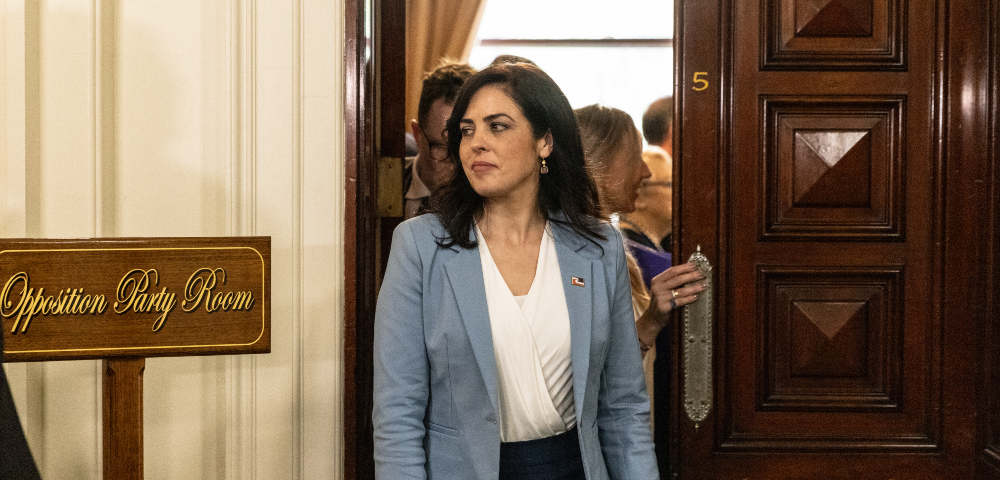
Apology forces trans law change
The Department of Foreign Affairs and Trade has been forced to drop its policy prohibiting transgender people from obtaining a passport in their lived-sex to travel abroad for gender re-alignment surgery.
It has also issued a written apology to Stefanie Imbruglia, a trans woman who brought a case against the department before the Human Rights and Equal Opportunity Commission (HREOC).
Imbruglia was the first woman trapped by changes introduced by the Howard government in 2007, which overturned a 20-year-old policy allowing trans people to obtain passports in their lived-in sex, to travel for surgery.
In 2007 Imbruglia, who had been living as a woman for two years, was denied a gender-neutral passport to travel to Thailand for surgery.
Forced to travel on a male passport, she was stopped by officers in Thailand, and forced to explain the discrepancy in front of other passengers — a situation Imbruglia described as “embarrassing” and “dangerous”.
Imbruglia claimed the foreign affairs department had knowingly placed her in danger and was guilty of sex discrimination.
The department has since apologised for “any discomfort, distress or embarrassment”, and agreed to update its procedures and policy documents to address sex and gender diverse peoples’ needs.
“It’s a great step forward for the sexually and gender diverse communities, and I feel that common sense has prevailed,” Imbruglia told Sydney Star Observer.
“Getting them to change the passports so we could travel to have surgery, that was the minimum of what I wanted.
“I’m thrilled I’ve been able to make a big difference — just the mere fact that they changed the words from ‘transgender’ to ‘sex and gender diverse’ was a huge thing, as was the fact that they apologised.”
Gender Centre spokeswoman Katherine Cummings welcomed the change of procedures.
“It is sensible. If you’re travelling as a woman on a male passport it can be serious; can lead to rudeness from officials or casual bigots standing nearby, or result in danger in certain countries,” she said.
“The purpose of identity documents is to show that you are who you say you are, so it does not make sense to make someone travel under documents which do not express the way they live,.”
The department has further acknowledged that not all gender diverse people may be able to have genital surgery, but may still live in their appropriate sex, and that such people should be issued appropriate passports if medical documents are provided.
Intersex people whose identity documents do not indicate gender will also be eligible for travel documents which similarly do not state a particular sex.
Sex and Gender Education (SAGE) representative Dr Tracie O’Keefe has been working with DFAT to implement these policy changes and edit official documents.









